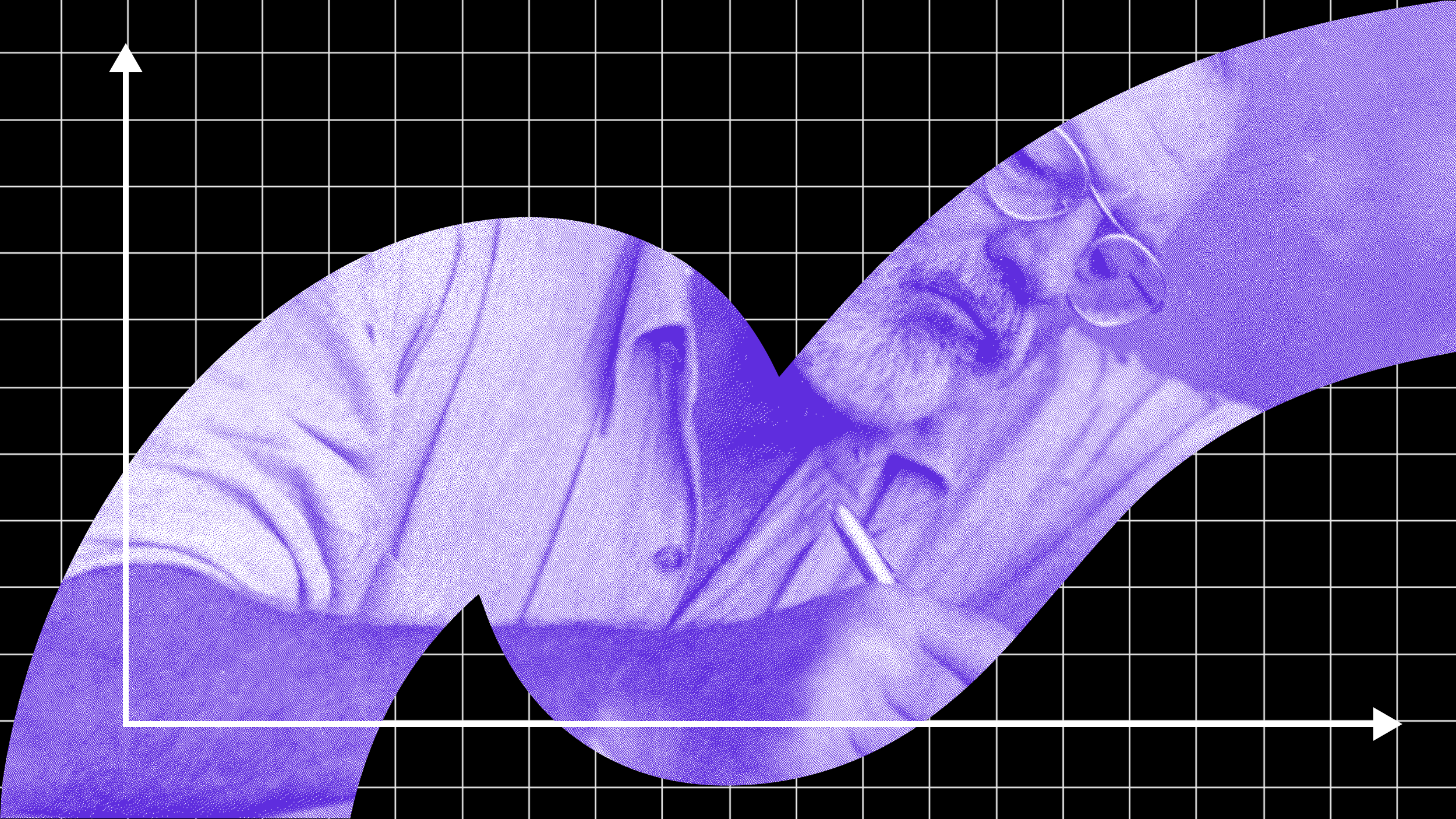A guide to making better decisions

Photo: Brandon Lopez / Unsplash
- Willingness to roll with the punches is an essential component of good mental health.
- An inability to foresee a range of consequences adversely affects emotional responses.
- A good contingency plan makes all the differences, argues neuroscience professor Kelly Lambert.
When planning for the future, what degree of certainty do you have in the plans you’ve mentally constructed? If these plans do not manifest as envisioned, what is your strategy for dealing with an unforeseen reality? Do you rebel against the circumstances or adjust along the way? Are you willing to scrap everything as new opportunities (or roadblocks) present themselves? How strong are your contingency plans?
Contingency: A future event or circumstance that is possible but cannot be predicted with certainty—the very noun University of Richmond professor of behavioral neuroscience, Kelly Lambert, uses as the foundation of her latest book. In Well Grounded: The Neurobiology of Rational Decisions, she investigates the neurological distance between healthy contingency calculations and poor decision-making, whether due to mental illness, drug addiction, poverty, privilege, or reduced attentional capacities.
We all rely on personal history to make decisions, whether or not that works out well for us. Well Grounded is a lesson plan for better decision-making.
Lambert travels through the last century of psychology and neuroscience, diving deep into behaviorism, in putting forward her case. Dualism is an often-cited error in many neuroscience books; Lambert sets the stage by reminding us that our environment is an essential component of our mindset. While our mind is not separate from our bodies, our surroundings are an integral aspect in decision-making. Modern cities and suburbs are not conducive to creating positive contingency calculations.
Our view of prosperity in contemporary Western societies with creature comforts such as lush surroundings and various personal services to avoid physical effort may suffocate our neural functions.
I’m currently reading a history of Luddism in preparation for my next book, Anatomy of Distraction, which investigates the physiological and anatomical consequences of distraction technologies. Since the Industrial Revolution we’ve programmed devices with a disturbing amount of agency (better put, stealing away our agency) by offloading memory, critical thinking, and too many physical activities to count in an attempt to automate every task. Refusing to stand to change the channel was one thing; avoiding a simple click with voice command is entirely new, and potentially dangerous, terrain.
Critical thinking, a phenomenon that was, for most of history, intricately tied into the environment, is disappearing as we give our environment less notice. With no predators to run from and predominantly flat surfaces spaced symmetrically to walk through, we can safely spend more time staring at a screen then reality—only such safety is an illusion. As Lambert writes,
The minute we let our evaluative guard down, we become more vulnerable to the inevitable curve balls life throws our way.
This could be the other texting driver swerving into our lane, but long-term consequences hang by equally precarious threads. An inability to emotionally handle the challenges of life has led to an uptick in suicide, depression, anxiety, nationalism; the list is exhaustive because we’re exhausted. And we’re exhausted because we’re paying closer attention to augmented reality than the organic reality we’re forced to, as animals, grapple with at some point.

Photo: taha aimi / Unsplash
Automation is stripping away an essential component of our biology: the meaning derived from challenges. Lambert points to healthy dopamine systems, which tolerate work that pushes us to our edge, as well as those inevitable delays and twist and turns we all face. With a healthy contingency plan, one that is flexible and responsive to adverse situation, our neurochemistry invigorates us. Impatience, one result of tech addiction, has the opposite effect.
What to do about this modern malaise? Well Grounded is, thankfully, not a self-help book. There are no “seven steps” offered, nor should they be. The point of contingency planning is preparing for the inevitable and all the divergent shades it can mutate into. A pre-determined plan misses the point. Mindsets that remain open to various possibilities and constantly build “contingency repertoires” are “the best source of mental vitamins for maintaining healthy brains.”
The constant drive toward the “Western view of prosperity”—the toys, the tech, the leisure—”increases susceptibility to emotional crashes.” Poor affective output results in cognitive dissonance. We come to believe the world owes us something simply because we were born. The planet, filled with life-affirming challenges and existential terror at every turn, is treated as a subservient toddler that’s just misbehaving, when really that definition better reflects us.
Which is why mindset matters. As Lambert concludes, we weren’t programmed to “respond specifically to running water or colorful shells,” but the incredible malleability of our brains allows us to engage in philosophy and incorporate beauty at every turn. Symbiosis with our environment is severed by poor attentional capacities. We can’t plan ahead for what we’re not bothering to look at.
When this environmental interaction is compromised, our brain may also become compromised, resulting in conditions such as depression or anxiety, as mastery over the world around us appears to be slipping from our grasp.
What higher could we aspire to in this life than mastery? Anything less is software desperately in need of an update. Well Grounded is a roadmap for installing this update.
—
Stay in touch with Derek on Twitter and Facebook.





